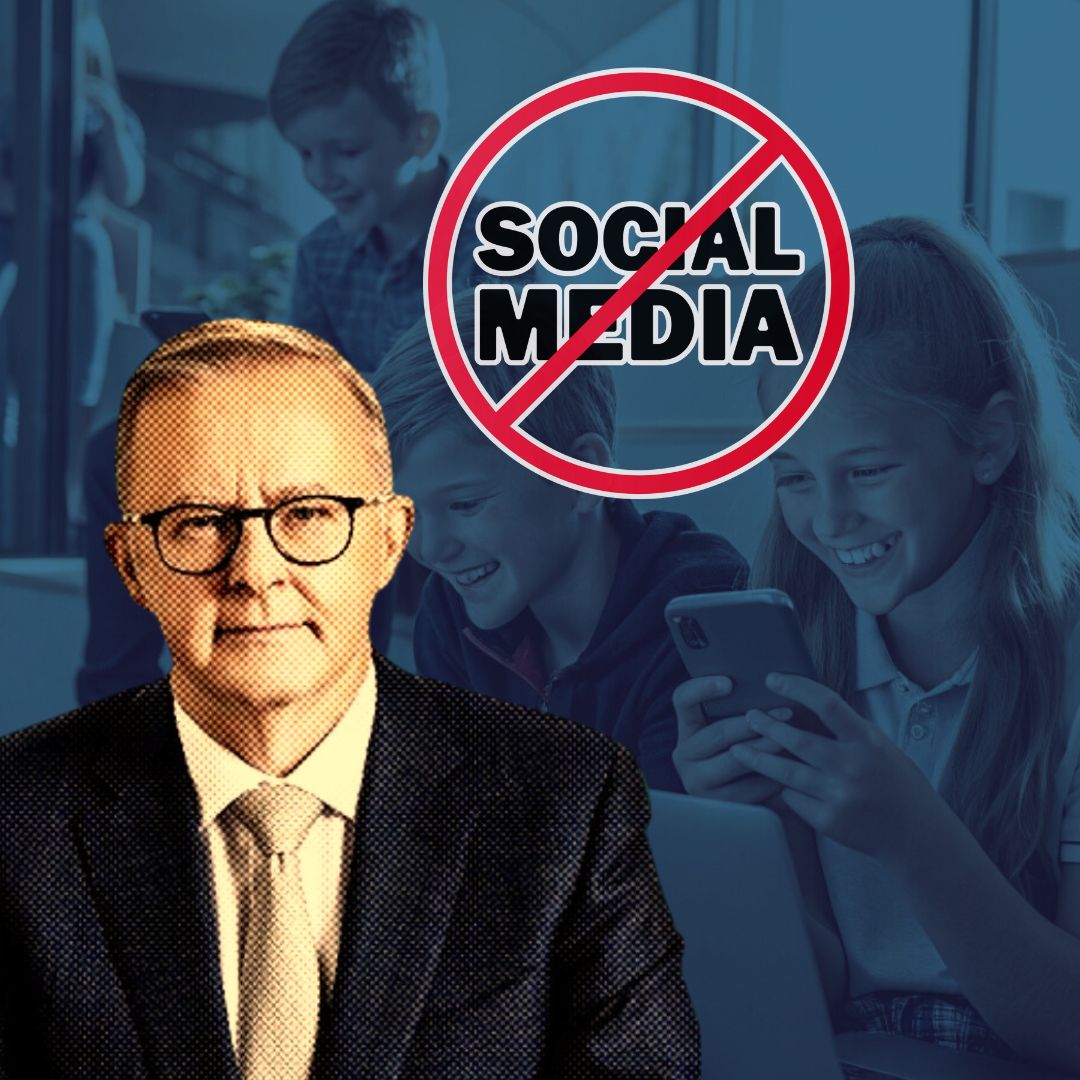Australia has passed a landmark law banning individuals under 16 from using social media platforms, set to take effect in November 2025. The legislation imposes hefty fines of up to AUD 50 million on companies failing to prevent minors from creating accounts.
While Prime Minister Anthony Albanese champions the move as essential for child safety, critics argue it may infringe on privacy and social interactions, with concerns over its enforceability and potential loopholes.
Legislation Overview
The Australian Parliament approved the bill with strong bipartisan support, passing the House of Representatives 102-13 and the Senate 34-19. Prime Minister Albanese highlighted social media’s dangers, stating it can be a “weapon for bullies” and a tool for online predators.
The law mandates that platforms like TikTok and Facebook implement age verification measures, with a year granted for compliance before fines are imposed. Despite the law’s popularity among parents, tech companies have raised concerns about its vague terms and rushed implementation.
Background and Reactions
This legislation follows increasing public concern over children’s online safety. While proponents, including many parents, support the ban, critics warn it could push youth towards less regulated online environments. Advocacy groups argue for a focus on holding tech companies accountable rather than imposing blanket restrictions.
Notably, Meta has called for a delay in implementation to allow for further consultation and testing of age verification technologies. Public opinion remains largely in favor, with recent polls showing 77% support for the ban.
The Logical Indian’s Perspective
The Logical Indian believes that while protecting children from online harm is vital, this sweeping ban may not effectively address the underlying issues. Instead of exclusion, fostering digital literacy and responsible internet use could empower young people to navigate online spaces safely.
How can we ensure that measures taken to safeguard youth do not inadvertently isolate them from valuable social interactions?













